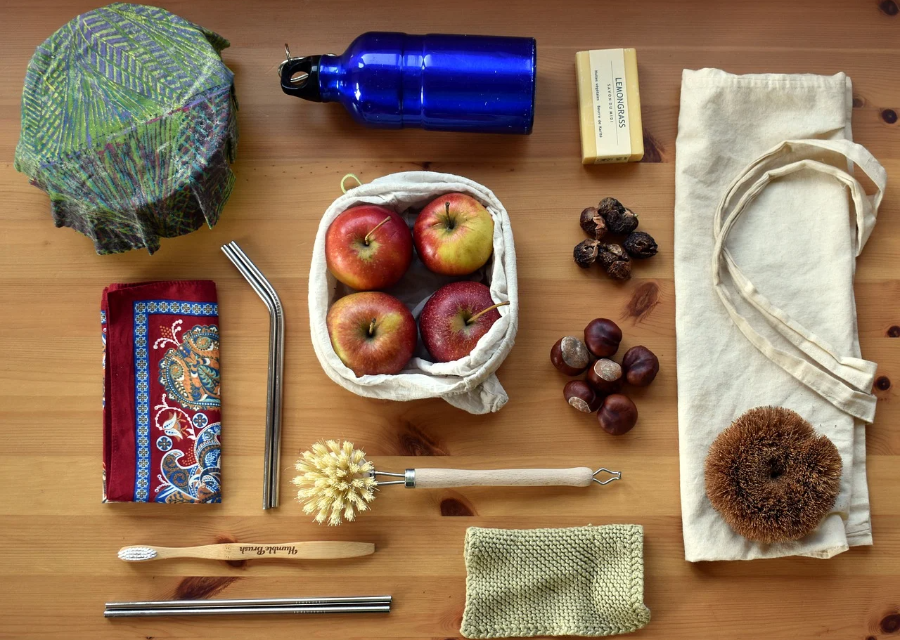This website uses cookies. By continuing to browse the website, you are agreeing to our use of cookies as detailed in our privacy policy.
Quick & easy sustainable living switches
Living more sustainably will reduce your impact on the environment, support communities, and save you money.
What is sustainable living?
This practical
philosophy varies from person to person depending on their values, income and
what they have access to. Generally, it aims to reduce personal negative impacts
on the earth, reduce your usage of its resources, and to simultaneously make
positive changes to society and the environment. Common ideals include plastic
free, no animal testing, veganism, carbon neutrality, zero waste and organic shopping.
However,
this is not always possible. We heavily rely
on our community organisations and facilities, such as living close to a
plastic free shop, having local recycling services, or cost competitive renewable
energy suppliers. Also, there is sometimes an idea that sustainable switches
are expensive. However, most
are affordable and easy to do in your own home. Sometimes spending slightly
more on one item can save you money in the long run. It’s important to learn about environmental
issues and how you can do your part to help.
General tips:
Before
you purchase something, ask yourself if you really need this. The most sustainable
thing is using what you already have: reducing the amount you consume will
save you money, de-clutter your life and reduce unnecessary waste.
Support
companies that have good environmental and social governance. Do they donate to
charity? Do they have a Fairtrade or sustainable certificate? Have they
considered the life-cycle of the product? You can also support local businesses.
Use
our ‘Grow Your Own Guide’ to harvest your own natural products.
Find
your closest plastic free shop for bulk buying long life produce such as grains and pasta. Local fruit and vegetable shops will also commonly have plastic free options.
Shop
for clothes in vintage, second hand or charity stores to avoid contributing to the fast fashion industry. You could also search online for fashion companies which support your values.
Avoid clothes made from polyester, nylon, acrylic & polyamide as these are synthetic plastics which take hundreds of years to breakdown in landfill and they shed microplastic fibers into the waterways.
Reduce and compost
your food waste. Learn
about your local recycling system and learn about what can and cannot be
recycled, so you can dispose waste properly.
Walk,
cycle, or use public transport where you can.
Adopt
a ‘reducetarian’ diet, and eat more plant-based proteins.
Sustainable Swaps
Replace bulbs with LEDs to increase energy efficiency and save on energy bills.
Use non-plastic alternatives such as bamboo toothbrushes, beeswax wraps or reusable straws to reduce plastic waste.
Using reusable alternatives also cuts down on single use consumption; consider opting for a reusable coffee cup, shopping bags or cutlery!
Back
